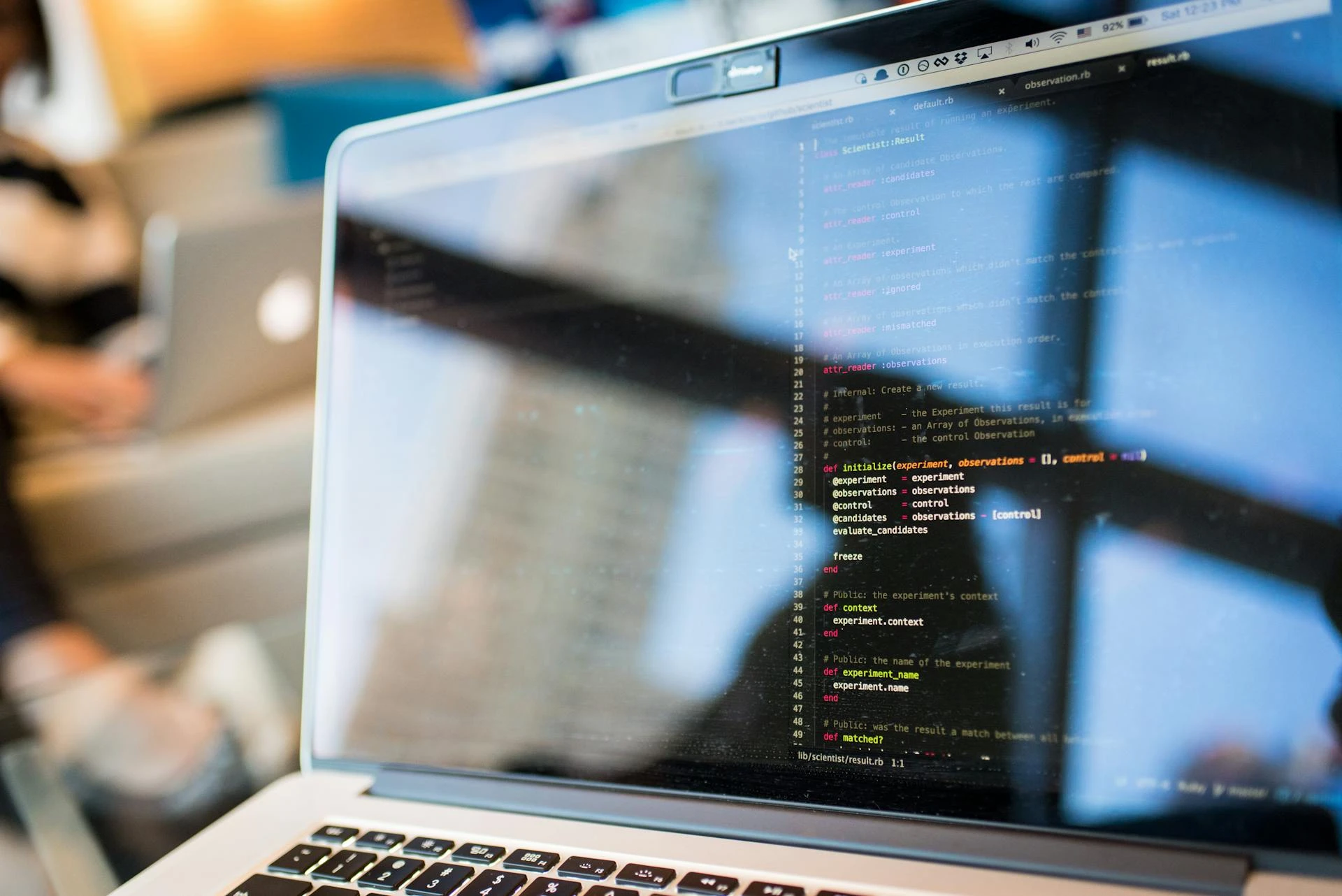Imagine a nation where small businesses in remote provinces can compete on a global stage, powered by cutting-edge technology, while urban centers evolve into smart cities with seamless connectivity and efficiency. This vision is rapidly becoming a reality in the Philippines as digital transformation takes center stage in reshaping industries, governance, and everyday life. The push toward a tech-driven future is no longer a distant dream but a pressing priority, with events like the Philippine Business Conference and Expo (PBC&E) leading the charge. Hosted by the Philippine Chamber of Commerce and Industry (PCCI), this annual gathering has emerged as a critical platform for exploring how digital tools can elevate competitiveness across sectors. From large corporations to micro, small, and medium enterprises (MSMEs), the integration of innovations like artificial intelligence (AI) and cloud computing promises to redefine economic landscapes. As the country stands at this technological crossroads, the implications for growth, inclusivity, and policy are profound and worth examining in depth.
Driving Innovation Through Major Tech Events
The 51st PBC&E, held at the SMX Convention Center Manila, stands as a testament to the Philippines’ commitment to embracing digital transformation on a national scale. Under a theme emphasizing the urgency of adopting technology now, the event draws thousands of business leaders, policymakers, and innovators eager to explore actionable solutions. A highlight of this year’s conference is the Technology Expo, which opens its doors to the public for the first time, offering a firsthand look at groundbreaking advancements. From AI and Internet of Things (IoT) to robotics and cybersecurity, attendees can interact with tools that are shaping modern industries. This initiative not only democratizes access to innovation but also sparks inspiration among diverse audiences, encouraging wider participation in the digital journey. The presence of global tech giants alongside local talent underscores the event’s role as a melting pot of ideas, fostering collaborations that could propel the nation’s technological landscape forward with unprecedented momentum.
Beyond the showcases, the PBC&E serves as a dynamic arena for competitive innovation through events like the National Hackathon Championship. Regional champions from across the archipelago converge to pitch tech-driven solutions to pressing real-world challenges, with the potential for their ideas to be adopted by public and private partners. Winners gain national recognition, mentorship, and valuable resources, creating a pipeline for grassroots innovation to influence larger systems. This segment of the conference highlights the importance of nurturing talent at every level, ensuring that digital transformation is not just a top-down process but a movement that empowers individuals and communities. By bridging the gap between local ingenuity and national priorities, such initiatives lay the groundwork for sustainable progress, demonstrating how technology can address unique societal needs while fostering a culture of creativity and problem-solving that resonates across all sectors of the economy.
Bridging Policy and Technology for National Growth
One of the core strengths of the PBC&E lies in its ability to facilitate critical dialogues between the private sector and government, addressing pivotal issues that shape the digital ecosystem. Discussions at the event tackle complex topics such as expanding broadband access to underserved areas, securing financing for MSMEs to adopt digital tools, and establishing robust cybersecurity frameworks. The impact of AI on the workforce also takes center stage, alongside efforts to promote nationwide digital literacy programs and safeguard data privacy. With high-level participation, including a keynote address from President Ferdinand R. Marcos Jr. and insights from Cabinet members, these conversations are poised to influence national policies that align with technological advancements. This synergy between stakeholders ensures that digital transformation is not merely a buzzword but a structured effort to build an inclusive, secure, and forward-thinking economy that benefits all layers of society.
Equally significant is the emphasis on public-private partnerships as a catalyst for innovation during these policy discussions. The conference acts as a platform to explore the creation of innovation hubs that can drive collaborative projects, blending governmental support with entrepreneurial energy. International participation from embassies and global brands further enriches these talks, offering perspectives on how other nations have navigated similar challenges. This global-local interplay is crucial for crafting strategies that are both contextually relevant and aligned with international standards. By addressing systemic barriers like limited access to technology and funding, the event paves the way for actionable frameworks that can accelerate digital adoption across diverse industries. Ultimately, these policy-focused interactions at the PBC&E underscore the necessity of a unified approach to ensure that technological progress translates into tangible improvements in quality of life and economic resilience for the Filipino populace.
Reflecting on a Tech-Ready Legacy
Looking back, the 51st PBC&E proved to be a defining moment in the Philippines’ journey toward a digitally empowered future. The event successfully blended innovation exhibits, policy debates, and competitive platforms like the hackathon, creating a comprehensive blueprint for progress. It showcased how technology could transform not just businesses but entire communities by making tools accessible and relevant to varied needs. The collaboration between global leaders and local innovators during the conference set a precedent for how collective efforts could tackle systemic challenges, from connectivity gaps to digital literacy deficits. As a result, it became clear that the path forward relied on sustained partnerships and inclusive strategies that prioritized every sector.
Moving beyond reflection, the next steps involve translating the momentum from such events into long-term initiatives that could reshape the national landscape. Stakeholders were encouraged to focus on scaling the solutions presented, ensuring that rural and urban areas alike benefited from digital advancements. Strengthening investments in infrastructure, education, and cybersecurity emerged as critical priorities to sustain this transformation. By building on the foundation laid during these gatherings, the Philippines positioned itself to not only adapt to global tech trends but also to lead with innovations tailored to its unique context, promising a future of resilience and opportunity for generations to come.









